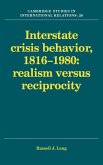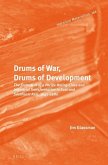This is a general survey of Brazilian society, economy, and political system since 1980. It describes the basic changes occurring as Brazil was transformed from a predominantly rural and closed economy under military rule into a modern democratic, industrial and urbanized society, with an extraordinary world class commercial agriculture in the past 60 years. In this period, Brazil passed from a pre-modern high fertility and mortality society to a modern low fertility and mortality one, the economy approached hyper inflation many times, and it abandoned a policy of protected industrialization to an economy opened to world trade. The advances and the failures of these changes are examined for the impact on questions of growth and equality. The book is designed as a basic introduction to contemporary Brazil from a recent historical perspective and is one of the first such comprehensive surveys of recent Brazilian history and development in any language.








